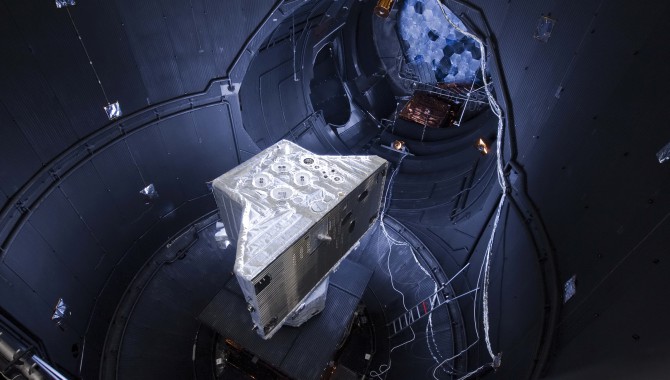
By Elsa Montagnon BepiColombo is a collaborative mission to Mercury between the European Space Agency (ESA) and the Japanese Aerospace Exploration Agency (JAXA) due to launch in August 2015.

By Elsa Montagnon BepiColombo is a collaborative mission to Mercury between the European Space Agency (ESA) and the Japanese Aerospace Exploration Agency (JAXA) due to launch in August 2015.
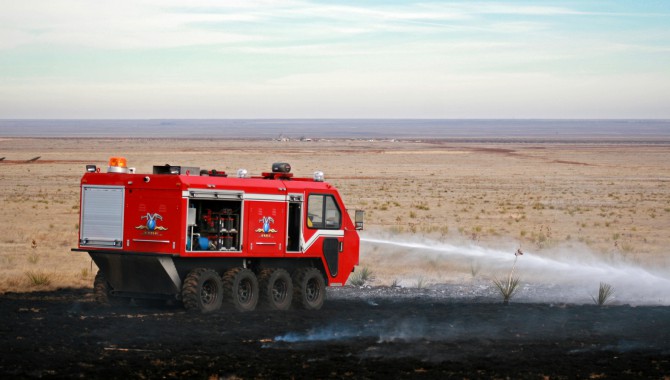
By Bo Schwerin Much deserved attention is given to the feats of innovation that allow humans to live in space and robotic explorers to beam never-before-seen images back to Earth.
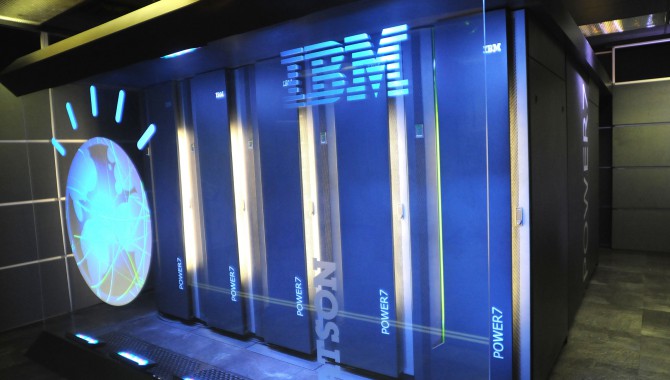
By David Ferrucci On January 14, 2011, I was in the audience at IBM’s Watson Research Lab in Yorktown, New York, along with company executives, major clients, and my project team when our Watson computer soundly defeated two human champions in the third round of their Jeopardy! competition.
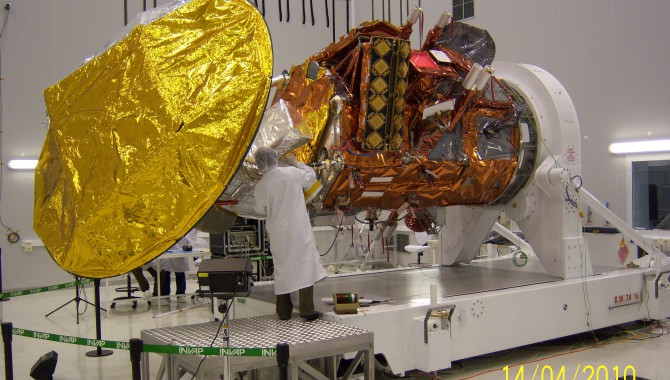
By Matthew Kohut When the Aquarius mission launched from Vandenberg Air Force Base in June 2011, few Americans outside the Earth-science and space communities probably knew that the satellite itself came from Argentina.
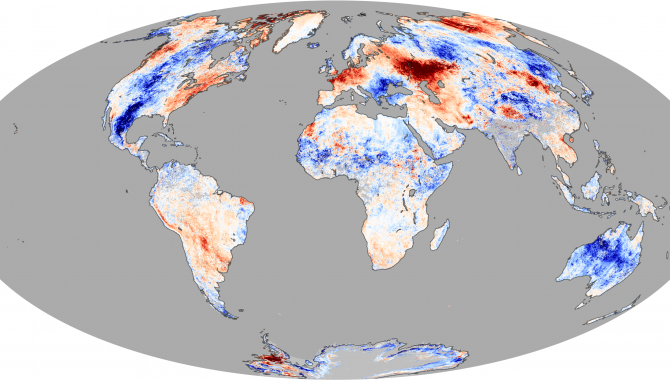
By David Young CLARREO, the Climate Absolute Radiance and Refractivity Observatory, is an Earth-science satellite mission in pre-Phase A (conceptual study) that is being designed to capture critical climate-change data much more precisely than has been possible with existing instruments.
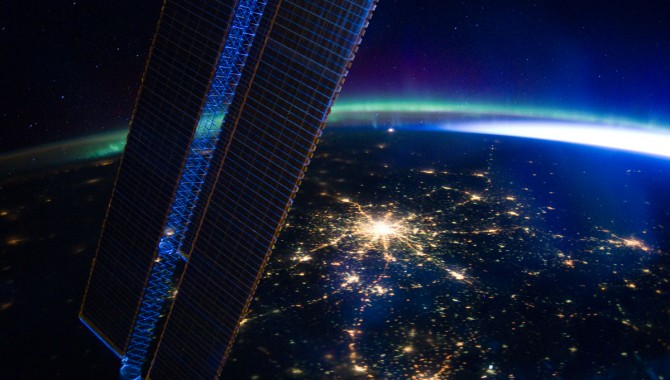
April 30, 2012 Vol. 5, Issue 4 The risks associated with space exploration are not purely technical.
April 30, 2012 Vol. 5, Issue 4 A new course demonstrates a different mindset about managing risk at NASA.
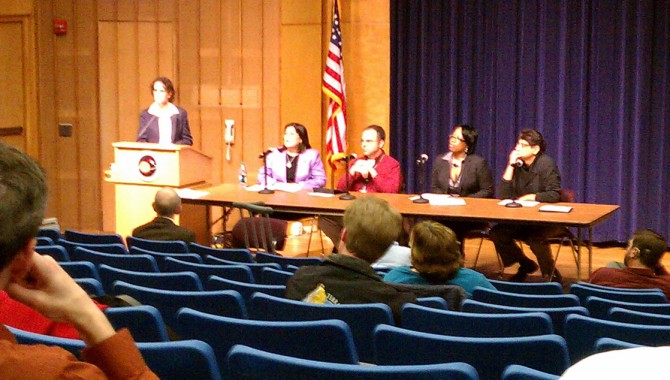
April 30, 2012 Vol. 5, Issue 4 Goddard practitioners and leaders reflected on successes, failures, and the challenges of working on complex projects.
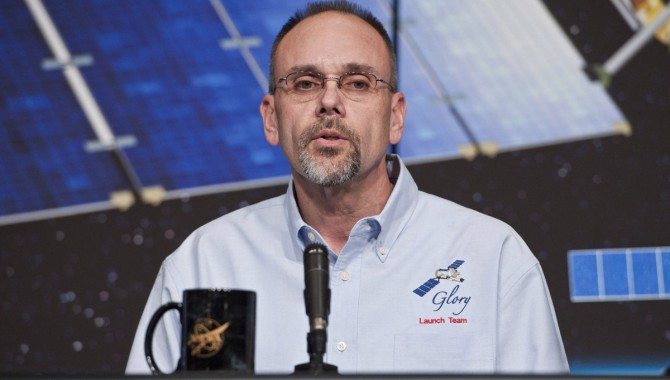
April 30, 2012 Vol. 5, Issue 4 The Glory mishap provides a lesson about balancing risks to make the best decision possible.